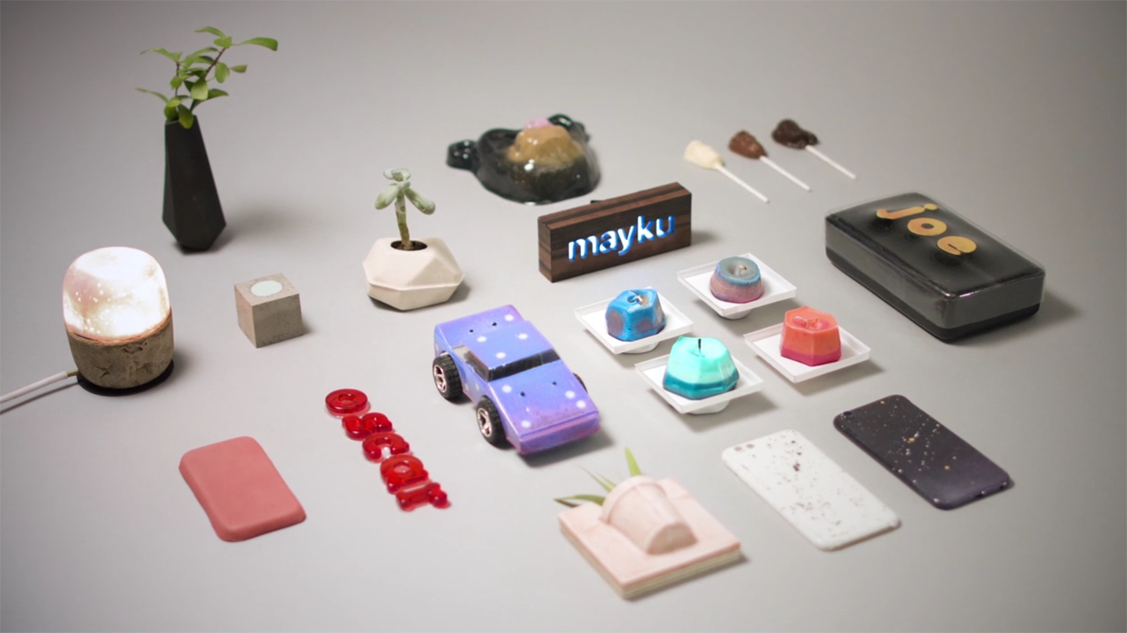Even 3D printing pioneers like Hod Lipson admit that additive manufacturing is only the beginning to the next industrial revolution. While Lipson’s lab explores assembly machines, others are seeking to bring other forms of fabrication to the desktop. CNC mills, laser cutters, and PCB makers go a long way to expanding the repertoire of tools available to Makers, but they aren’t the only technologies necessary to creating a complete desktop factory, let alone the future of distributed manufacturing. A new startup called Mayku seeks to bring even more tools to Makers with soon-to-be-revealed desktop manufacturing machines.
In the video below, you’ll see two machines already created by Mayku, the FormBox and the RotoBox. While the company is waiting to go into too much detail about the entire project, the video demonstrates the FormBox as machine for creating 3D shapes from flat materials and the RotoBox as capable of making hollow objects from pourable materials. So, slip a 3D object onto the FormBox, and you can replicate its shape with a sheet of what looks like plastic. Attach this plastic form to the RotoBox and you can begin creating hollow replicas. You can imagine using 3D printing to produce the 3D shapes to kick off this entire process.
The video goes on to say that Mayku plans to produce small and simple versions of an entire series of industrial machines: “injection moulders, circuit printers, and steel forgers.” And, with them, Mayku will also be launching a global network for desktop fabricating. With what looks like a complement to 3D Hubs’ own network of distributed 3D printers, Mayku’s distributed network of fabricators could help to replace the current model of centralized manufacturing leftover from the previous industrial revolution.
Rather than ship objects from far away places, depending on exploited labor and producing pollution, it might, one day, be possible to produce locally, even at home. Seeing the progress that 3D Hubs has made with its network, I’d love to see Mayku grow at a similarly quick rate. And, together, we could bring about a future of distributed manufacturing and all of the potential advantages expected to come along with it.





